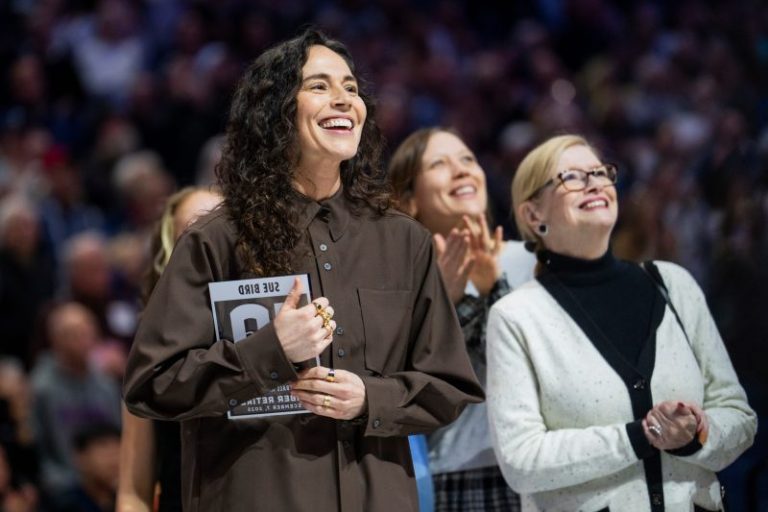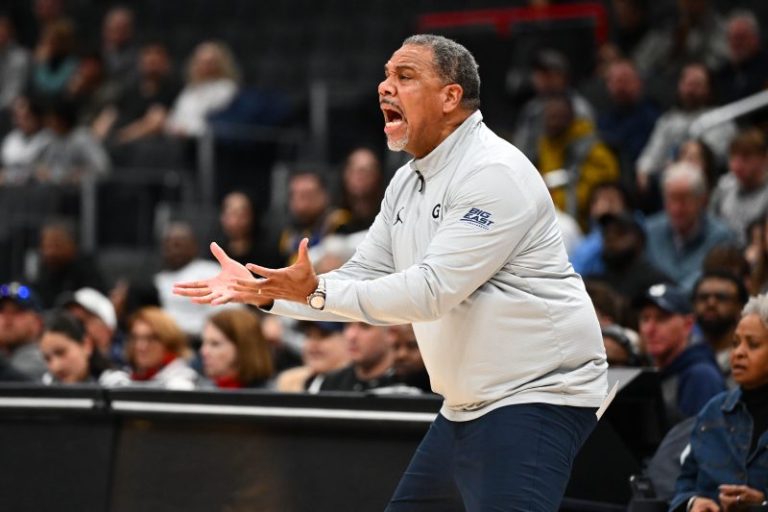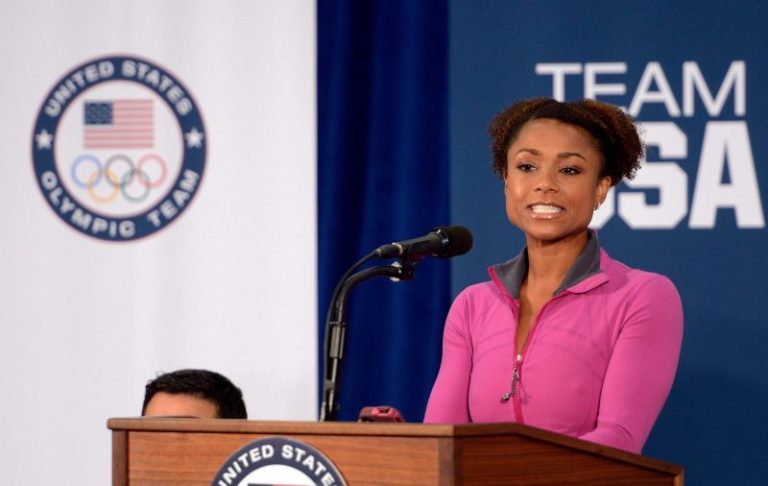Normally there’s no love lost between the Green Bay Packers and Chicago Bears, but that wasn’t the case for the visitors in Week 16.
The Packers lost Jordan Love in the second quarter, when the quarterback exited the pivotal contest with a concussion.
With first place in the NFC North on the line, Green Bay had to turn to Malik Willis in relief of Love. Chicago prevailed in overtime, 22-16, and Green Bay has to hold its breath down the stretch.
There are just two games left in the regular season and no timetable for Love’s return to action. It could be a big blow to a team that came into the year with Super Bowl aspirations, especially after losing Micah Parsons for the season with a torn ACL in Week 15.
Here’s what to know about the Packers quarterback.
What happened to Jordan Love?
Love suffered a concussion in the second quarter of the Packers’ Week 16 contest against the Bears.
The hit prompted a 15-yard penalty on Chicago for roughing the passer, but the trade-off was Green Bay losing their starting quarterback for the game.
Love remained on the ground after the play with his eyes closed and his helmet dislodged.
Trainers quickly tended to Love, who ran off the field under his own power and into the blue medical tent. A short time later, the quarterback was taken to the locker room.
Jordan Love injury updates
Love was ruled out of Week 16 with a concussion.
He was initially listed as questionable to return, but failed to gain clearance for a return to play. Love completed 8 of 13 passes for 77 yards before leaving the game.
The Packers had a 3-0 lead over the Bears when he exited.
How long is Jordan Love out?
Love doesn’t have a timetable for a return to play.
The quarterback is at the mercy of the league’s concussion protocol and will have to clear all five steps before getting back into game action.
Head coach Matt LaFleur didn’t have an update after the contest, leaving Love’s status uncertain moving forward. Despite playing on Saturday, they won’t have the added benefit of extra rest heading into Week 17, when they’ll play another Saturday game.
It’s not easy to clear the protocol and return to play in the same week. Without a timetable, there’s a risk that Love’s absence could potentially extend into the postseason.
Green Bay is clinging to the final playoff spot in the NFC, but remain in a good spot with two games to go.
What is concussion protocol in the NFL?
The NFL’s concussion protocol is designed to ensure a player’s safety after suffering a head injury. It’s a five-step process that a player has to clear before they can return to play. Those steps are, as defined by the NFL:
Symptom limited activity
Aerobic exercise
Football specific exercise
Club-based non-contact training drills
Full football activity/clearance
Before a player enters the protocol, they are evaluated on the sideline. The tests are conducted by the team’s physician and unaffiliated neurotrauma consultant. The evaluation includes observing any ‘no-go’ symptoms, which are things like loss of consciousness, confusion, amnesia and more, in addition to history of concussions, other signs/symptoms and video review.
At that point, a neurological exam is conducted and the player is escorted to the locker room if the sideline evaluation leaves any doubt.
This post appeared first on USA TODAY










